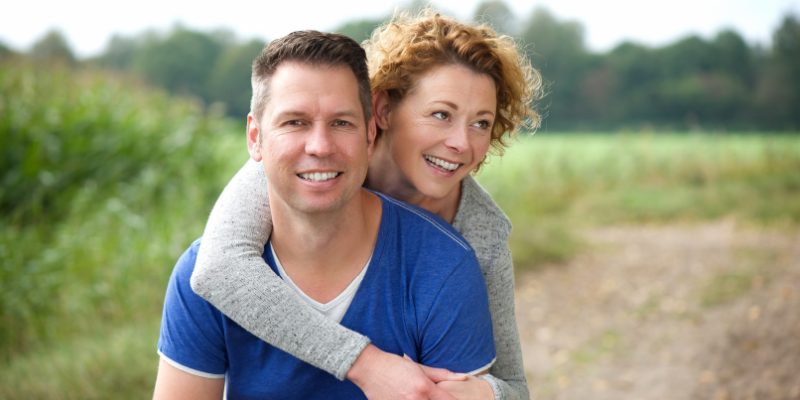By Sue Sveum | Sponsored by Lasting Skin Solutions
When you think of hormone therapy, you probably think of estrogen. But testosterone matters more than you’d think. It can impact a woman’s overall health greatly, according to Kim Schuchardt, PA, RN, and president and CEO of Lasting Skin Solutions.
To get a deeper understanding, we sat down with Schuchardt to discuss everything you need to know about low testosterone, and how testosterone therapy can help you optimize your health and feel your best at any age.
What are the symptoms of low testosterone?
Symptoms of low testosterone are subtle and may mimic other medical conditions, so it’s important to get tested, but symptoms include a lack of general wellbeing, fatigue, insomnia, weight gain, joint pain, brain fog, mood changes, anxiety or depression. If you’ve experienced any of these symptoms, you probably attributed it to being tired, overworked, eating too much or even isolation due to the pandemic — but it could be low testosterone.
How do you know if you have low testosterone?
We can do a blood test here in our office to screen for testosterone levels.
Why does it matter?
Testosterone is so important for your overall health. It affects your brain, nerves, thyroid, heart, hair, breasts, bone, muscles and sexuality. So, when your levels are low, it can negatively affect your life.
How do you fix it?
We use bioidentical hormone replacement therapy (BioTE) to gradually increase your testosterone.
What is that, and how does it work?
We insert a bioidentical pellet (about the size of a grain of rice) just under the skin and it releases testosterone slowly over a three to four month period. The dosing is individualized, so you get the exact dose that’s right for you.
How soon will you notice any changes?
About six weeks later, we check your blood levels for changes in testosterone and ask you how you feel. Typically, after the first treatment, you’ll start noticing a difference in about four weeks. You then return in three to four months for another treatment. Blood levels are checked again, and dosing adjusted if necessary. At that point, the hormone will already be in your system, so there shouldn’t be any interruption in the way you feel.
Is testosterone therapy only for menopausal women?
No! Women as young as their 20s can experience the symptoms of low testosterone and benefit from treatment.
How did you get interested in using BioTE?
I became interested because of my own symptoms. My joints were painful, and nothing helped. I heard about BioTE and when I started treatment, it was transformational. My mood improved, I responded to stress better, I was thinking clearer and my joint pain went away. When I saw what it did for me, I knew I wanted to offer the therapy to our clients as well.
What are the benefits of testosterone therapy? What improvements might you notice?
The benefits include more energy, better brain function, stronger bones and a decrease in osteoporosis and increased muscle mass. Without testing, you won’t notice many of those internal changes, but you’re likely to notice that you have more energy, thicker hair, less pain and just generally feel better.
What else should people know about low testosterone and BioTE?
A lot of people brush off their symptoms as something else. But even if you’re just feeling tired all the time, what kind of quality of life is that? We should all take our health into our own hands. We have a lot of clients come in wanting help to look as young and healthy as possible on the outside. But we want you to feel good, as well.




